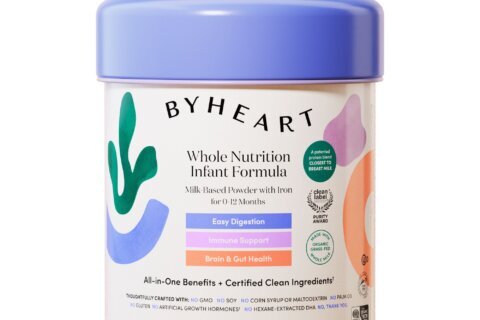
Twenty three people have been hospitalized and 206 have lab-confirmed infections after eating a bagged salad mix, the U.S. Centers for Disease Control and Prevention said.
The cases, which are in eight states mostly in the Midwest, are infected with Cyclospora, the CDC said.
The U.S. Food and Drug Administration had been warning customers not to eat certain store brand garden salad mixes sold by ALDI, HY-Vee, and Jewel-Osco. The government investigation found that the mix, which is produced by Fresh Express, was also sold at Walmart stores. The mixes are under different brand names at the different stores.
The products were distributed to stores in Virginia, Maryland and the District of Columbia, in addition to Arkansas, Connecticut, Delaware, Iowa, Illinois, Indiana, Kansas, Kentucky, Massachusetts, Maine, Michigan, Minnesota, Missouri, Montana, North Carolina, North Dakota, Nebraska, New Jersey, New York, Ohio, Oklahoma, Pennsylvania, Rhode Island, South Dakota, Tennessee, Vermont, Wisconsin and West Virginia.
The products, which are made up of iceberg lettuce and may include red cabbage and carrots, have now all been voluntarily recalled by each of the stores.
They involve salad packages clearly marked with the letter Z at the beginning of the product code and with a trailing number of 178 or lower. All of the recalled mixes also have a use by or before date between June 25 and July 14.
Cyclospora is a microscopic parasite that can cause diarrhea lasting a few days to a month or longer. Symptoms typically appear about a week after someone has consumed contaminated food or water.
The FDA says it and the CDC are working with companies to investigate the connection. In the meantime, the agency said it wants consumers to not eat the salad mix.
The CDC said people should check their refrigerators to see if they have any of the recalled salads and should throw them away, even if some of it has been eaten and no one has gotten sick. If someone does get sick, they should call the doctor and be sure to write down what was eaten in the two weeks prior to feeling unwell.
The CDC and FDA continue to investigate to determine if other products are connected to this outbreak.







